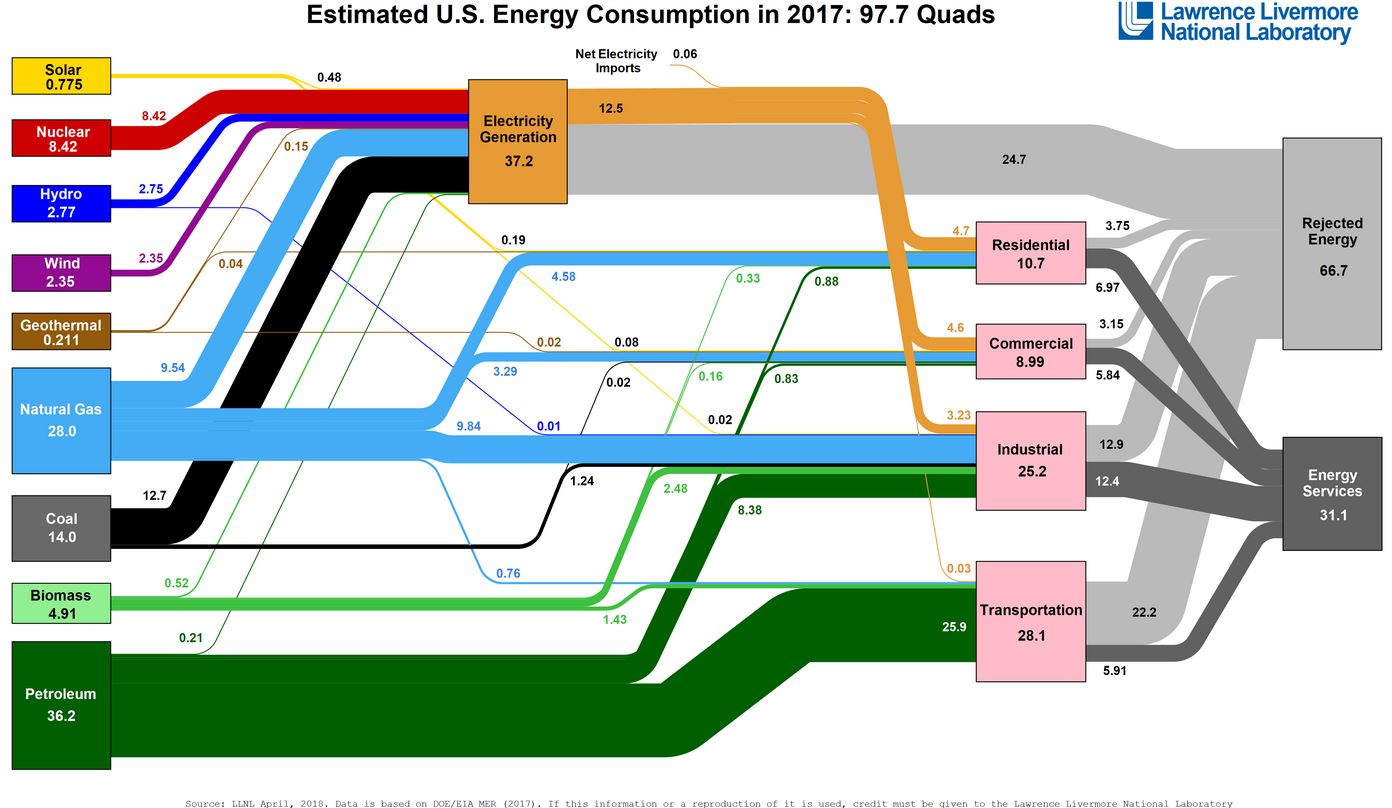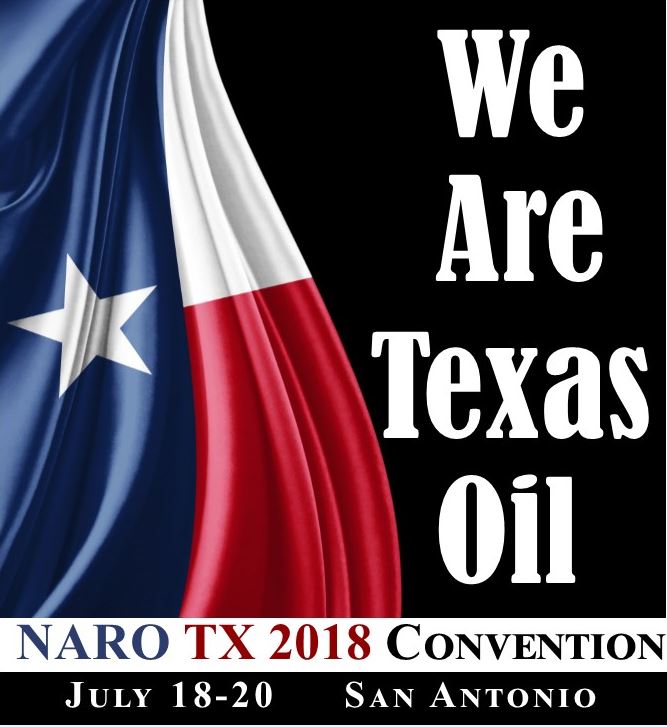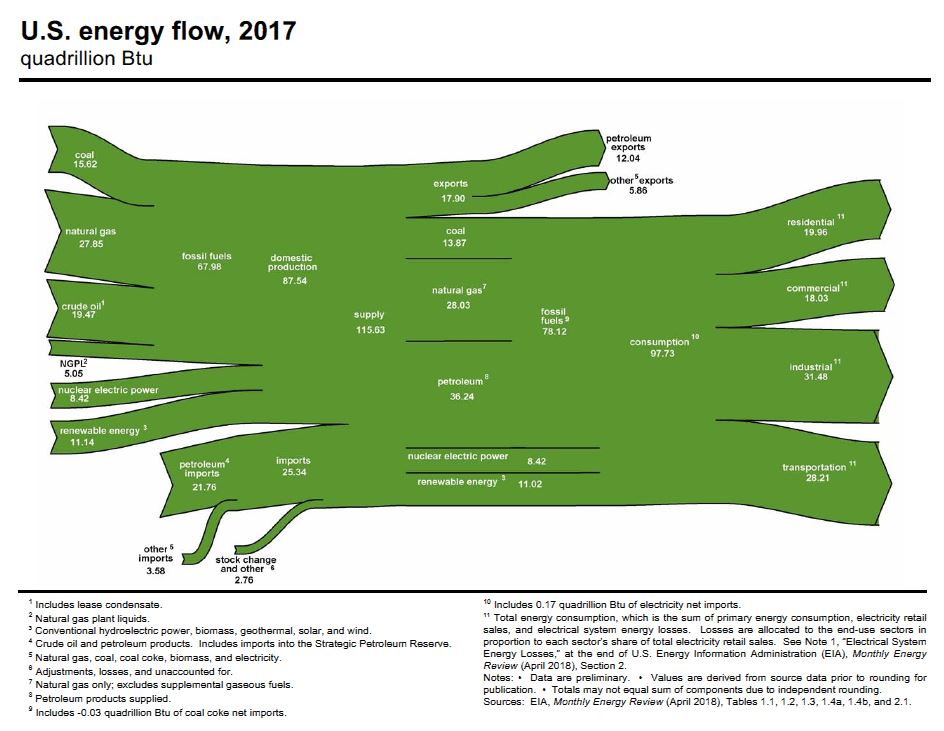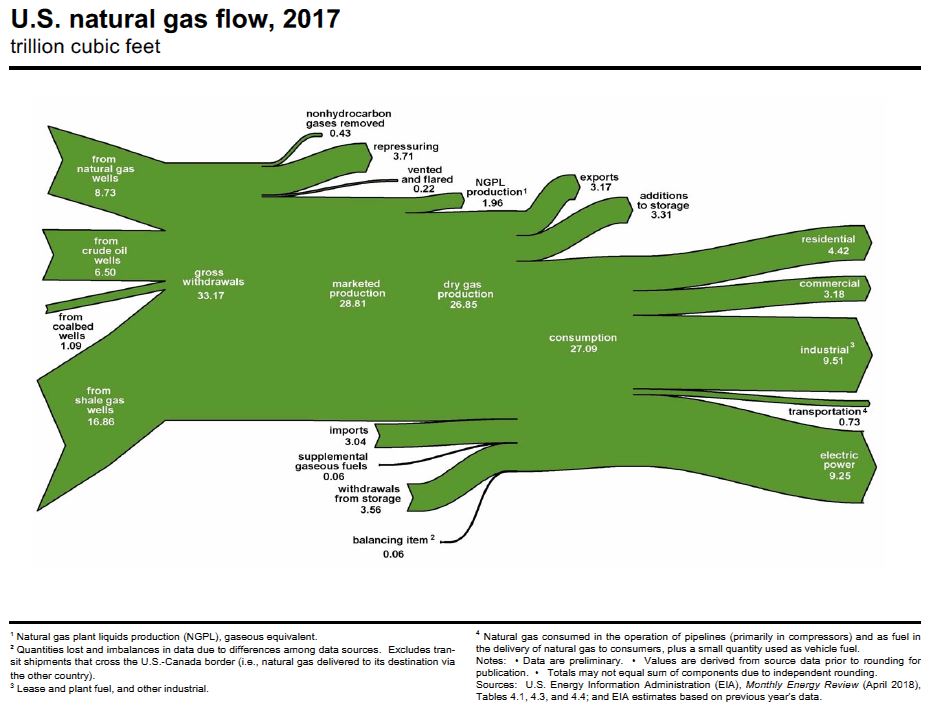Last Friday the Texas Supreme Court issued opinions in XOG Operating, LLC v. Chesapeake Exploration Limited Partnership et al., No. 15-0935, and Endeavor Energy Resources, L.P. et al. v. Discovery Operating, Inc. et al., No. 16-0155. In both cases, the Court affirmed the decisions of the trial courts and courts of appeals. Both cases garnered substantial attention from the industry, as evidenced by amicus briefs from the Permian Basin Petroleum Association, the Texas Independent Producers and Royalty Owners’ Association, the Railroad Commission and the Texas Oil and Gas Association, among others.
Both cases construe retained acreage clauses. The opinion in Endeavor includes a good explanation of the purpose and effect of retained acreage clauses, the purpose and operation of field rules and proration units, and the interplay between the two. I summarized the facts and results in both of these cases when the Supreme Court granted the petitions for review. My prior post can be viewed here. I have also previously written about the relationship between field rules and retained acreage clauses. I’ve said that it is a mistake to rely on field rules and proration units to determine how much acreage can be retained under a retained acreage clause; these cases illustrate why that is so.
One comment on Endeavor: the field rules applicable in that case were for the Spraberry (Trend Area) Field. Those rules provide for “standard” proration units of 80 acres but allow the operator to assign up to 160 acres to a well, with a corresponding increase in its allowable rate of production. The allowable rate for a well on an 80-acre proration unit is 515 barrels per day. The retained acreage clause provided that the lease would expire except for the “proration unit assigned to a well,” and that each proration unit would “contain the number of acres required to comply with” Railroad Commission rules “for obtaining the maximum allowable.” Endeavor assigned 80 acres to each of four wells, and Discovery said the lease expired except as to those four proration units “assigned” to the wells. Endeavor argued that it was entitled to 160 acres per well because that amount of acreage was necessary “for obtaining the maximum allowable.” The Supreme Court agreed with Discovery. In discussing Endeavor’s argument on the “maximum allowable” language, the Court quotes from two CLE papers: Continue reading →









